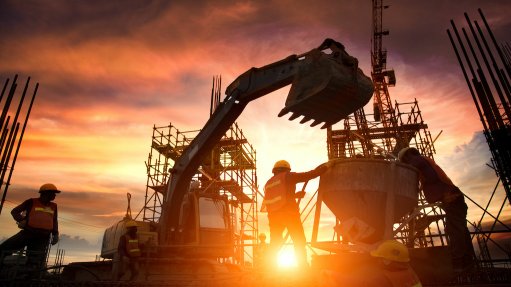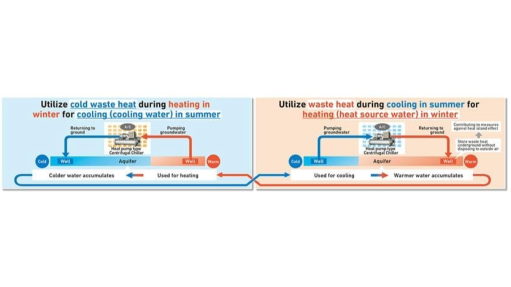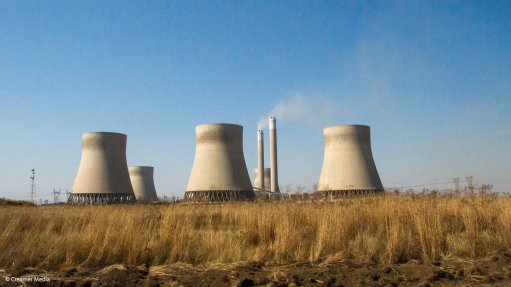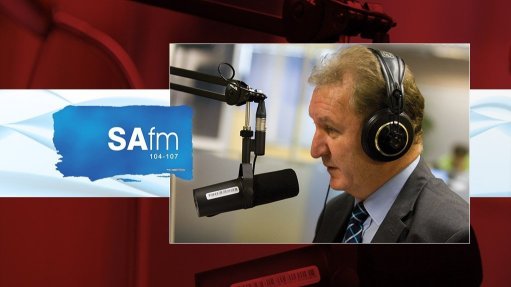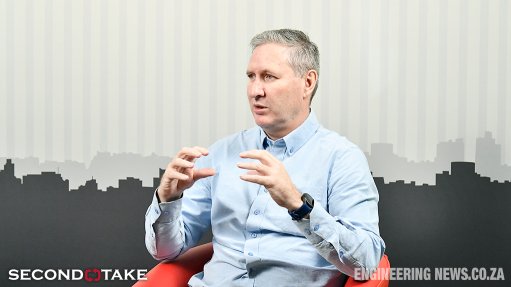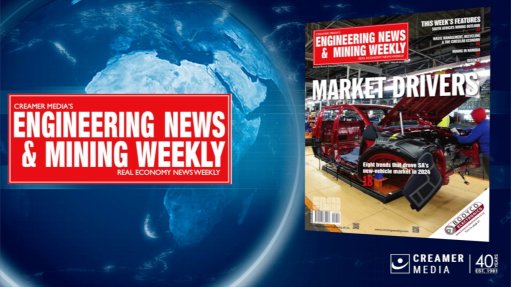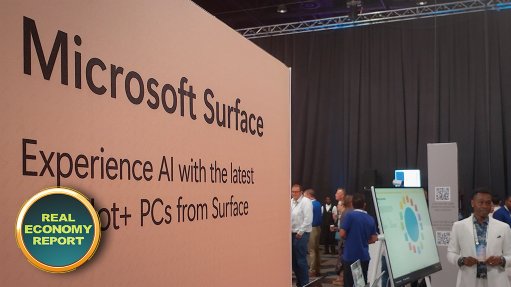BMW unveils pilot hydrogen fleet
The BMW Group has unveiled the first vehicles in its pilot hydrogen fleet that will enter service this year.
After four years of development work, the iX5 hydrogen vehicle and development project is entering the next phase as a fleet of just under 100 vehicles will be deployed internationally for demonstration and trial purposes.
This active driving experience will be the first chance for targeted public groups to gain an impression of what a hydrogen vehicle has to offer.
“Hydrogen is a versatile energy source that has a key role to play in the energy transition process and, therefore, in climate protection,” says BMW management board chairperson Oliver Zipse.
“After all, it is one of the most efficient ways of storing and transporting renewable energies.
“We should use this potential to also accelerate the transformation of the mobility sector.
“Hydrogen is the missing piece in the jigsaw when it comes to emission-free mobility. One technology on its own will not be enough to enable climate-neutral mobility worldwide.”
The BMW Group sold more than 215 000 battery electric vehicles worldwide in 2022, which is an almost 108% increase over the previous year.
Fully electric vehicles accounted for just under 9% of total sales last year, and this share is set to increase to 15% this year.
By 2030 at the latest, BMW aims for fully electric vehicles to claim a more than 50% share of its overall sales.
With the right conditions, hydrogen fuel-cell technology has the potential to become a further pillar in BMW’s drive-train portfolio for local carbon-free mobility, says the German car maker.
The BMW iX5 Hydrogen, developed on the current X5 platform, was first unveiled as a concept vehicle in 2019.
Initial prototypes were then made available in 2021 for German motor show visitors to experience as shuttle vehicles.
BMW produces the fuel-cell systems for the pilot fleet at its in-house competence centre for hydrogen in Munich, Germany. The technology is one of the core elements in the iX5 Hydrogen, and generates a continuous output of 125 kW.
A chemical reaction takes place in the fuel cell between gaseous hydrogen from the tanks and oxygen from the air.
Maintaining a steady supply of both elements to the fuel cell’s membrane is of crucial importance for the drive system’s efficiency.
Fuel-cell systems are manufactured in two main steps.
The cells are first assembled into a fuel-cell stack. The next step involves fitting all the other components to produce a complete fuel-cell system.
The BMW Group sources the individual fuel cells from the Toyota Motor Corporation.
The two companies have been collaborating on fuel-cell drive systems since 2013.
The hydrogen needed to supply the fuel-cell is stored in two 700-bar tanks made of carbon-fibre reinforced plastic.
Together these hold almost six kilograms of hydrogen, enough to give the iX5 Hydrogen a range of 504 km in a mixed cycle.
Filling up the hydrogen tanks takes three to four minutes.
Acceleration remains intact from the petrol-equivalent model, at less than six seconds to travel from zero to 100 km/h.
Comments
Press Office
Announcements
What's On
Subscribe to improve your user experience...
Option 1 (equivalent of R125 a month):
Receive a weekly copy of Creamer Media's Engineering News & Mining Weekly magazine
(print copy for those in South Africa and e-magazine for those outside of South Africa)
Receive daily email newsletters
Access to full search results
Access archive of magazine back copies
Access to Projects in Progress
Access to ONE Research Report of your choice in PDF format
Option 2 (equivalent of R375 a month):
All benefits from Option 1
PLUS
Access to Creamer Media's Research Channel Africa for ALL Research Reports, in PDF format, on various industrial and mining sectors
including Electricity; Water; Energy Transition; Hydrogen; Roads, Rail and Ports; Coal; Gold; Platinum; Battery Metals; etc.
Already a subscriber?
Forgotten your password?
Receive weekly copy of Creamer Media's Engineering News & Mining Weekly magazine (print copy for those in South Africa and e-magazine for those outside of South Africa)
➕
Recieve daily email newsletters
➕
Access to full search results
➕
Access archive of magazine back copies
➕
Access to Projects in Progress
➕
Access to ONE Research Report of your choice in PDF format
RESEARCH CHANNEL AFRICA
R4500 (equivalent of R375 a month)
SUBSCRIBEAll benefits from Option 1
➕
Access to Creamer Media's Research Channel Africa for ALL Research Reports on various industrial and mining sectors, in PDF format, including on:
Electricity
➕
Water
➕
Energy Transition
➕
Hydrogen
➕
Roads, Rail and Ports
➕
Coal
➕
Gold
➕
Platinum
➕
Battery Metals
➕
etc.
Receive all benefits from Option 1 or Option 2 delivered to numerous people at your company
➕
Multiple User names and Passwords for simultaneous log-ins
➕
Intranet integration access to all in your organisation









